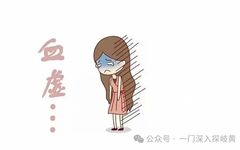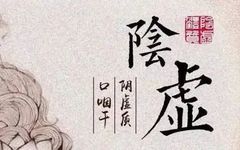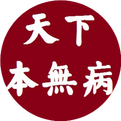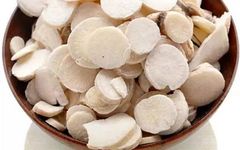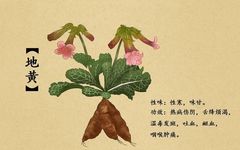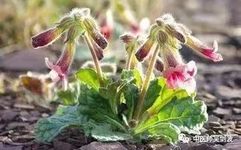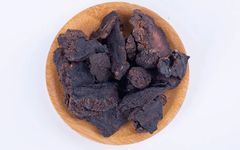Women and Blood Deficiency: A Source of Various Illnesses
Women often experience a condition known as xue xu (血虚, Blood Deficiency), which can lead to a myriad of health issues. In Traditional Chinese Medicine (TCM), blood deficiency is considered a fundamental imbalance that can manifest in various symptoms and conditions. Women are particularly susceptible to this condition due to factors such as menstruation, pregnancy, … Read more

